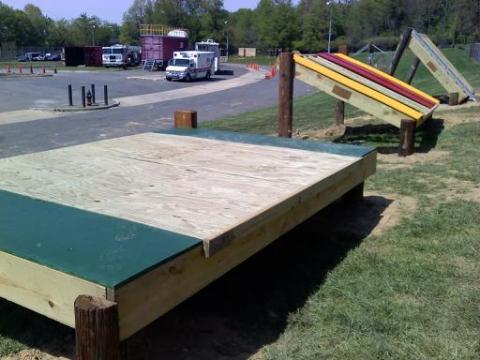A drip edge vent is made of a corrosive resistant material that sticks out about three inches back from the roof edge and then bends downward over them.
Roof ventilation simulator plans.
These fans may be controlled by a switch or a thermostat which detects heat build up in the attic space and automatically exhausts the attic space.
Vertical ventilation props built with 2x6 and 2x4 s roofing material and shingles.
Whole house fans powered attic fans.
Vent point ignition n.
Show property owners a side by side comparison of numerous.
Open up the ceiling in attic space i.
Smoke volume velocity density and color m.
Ventilation doesn t equal cooling 3.
Slits in the product allow for.
I d recommend putting the simulator in the background together with the one in foreground so that the saw op can stay on top of the roof and perform the cut using a better and realistic stance.
The roof visualizer offers a full suite of customization tools allowing you to adjust any product s size angle rotation tilt and shading to create the most realistic simulation possible.
Federal housing authority recommends a minimum of at least 1 square foot of attic ventilation evenly split between intake and exhaust for every 300 square feet of attic floor space.
Open up the peaked roof door and remove the gable end vent covers i.
Very nice i have one comment on the flat roof simulator.
Drip edge vents are a two in one installation that promote water shedding at the eaves and rakes of a roof while also allowing for ventilation into the attic.
Intake vents located at the lowest part of the roof under the eaves allow cool.
Identification of neutral plane 2.
Now work backwards close the roof and then each.
Fans and vents may be installed on the roof system that will draw the air out of the attic space and exhaust it to the exterior.
Attic ventilation works on the principle that heated air naturally rises primarily utilizing two types of vents.









